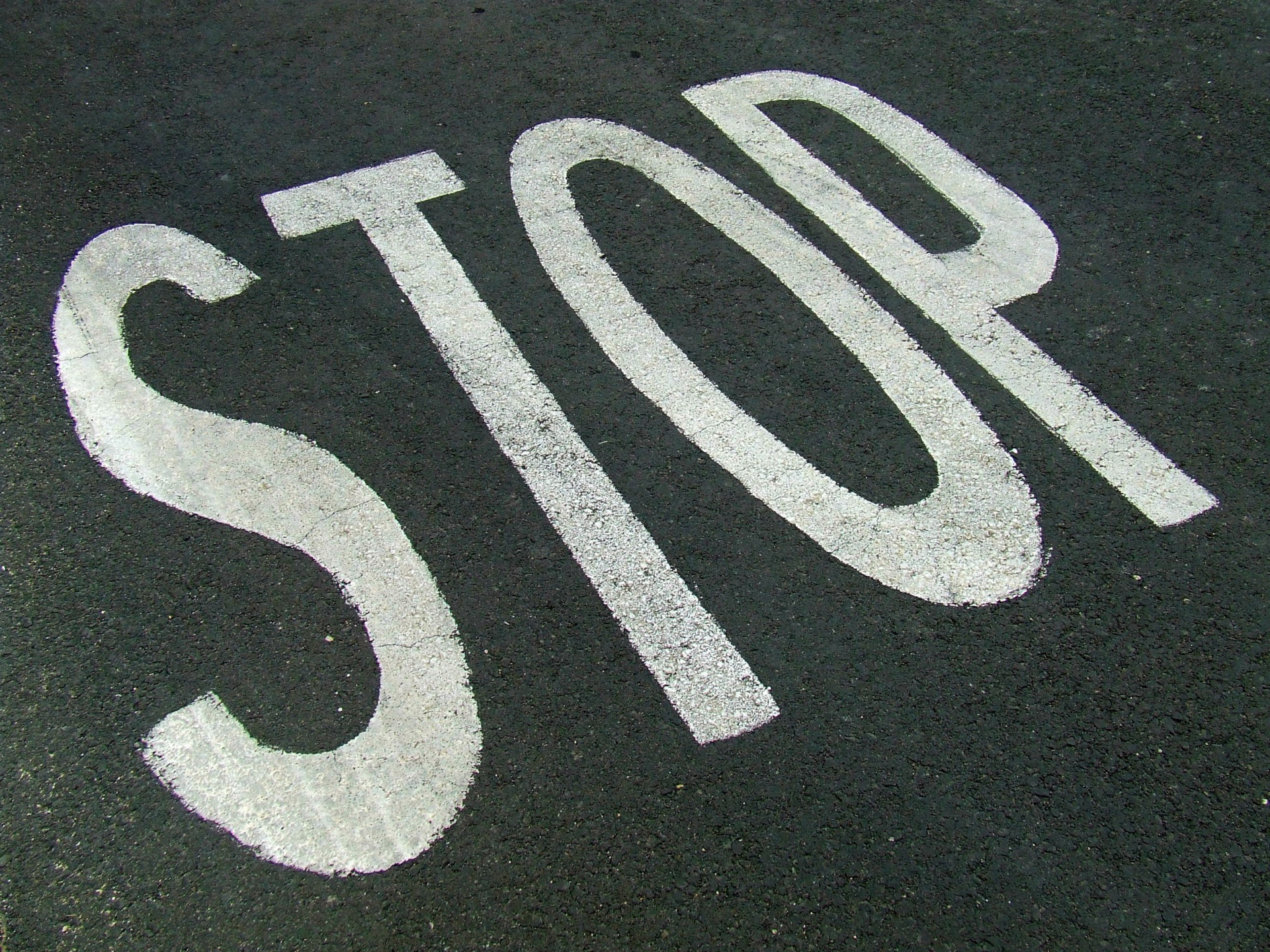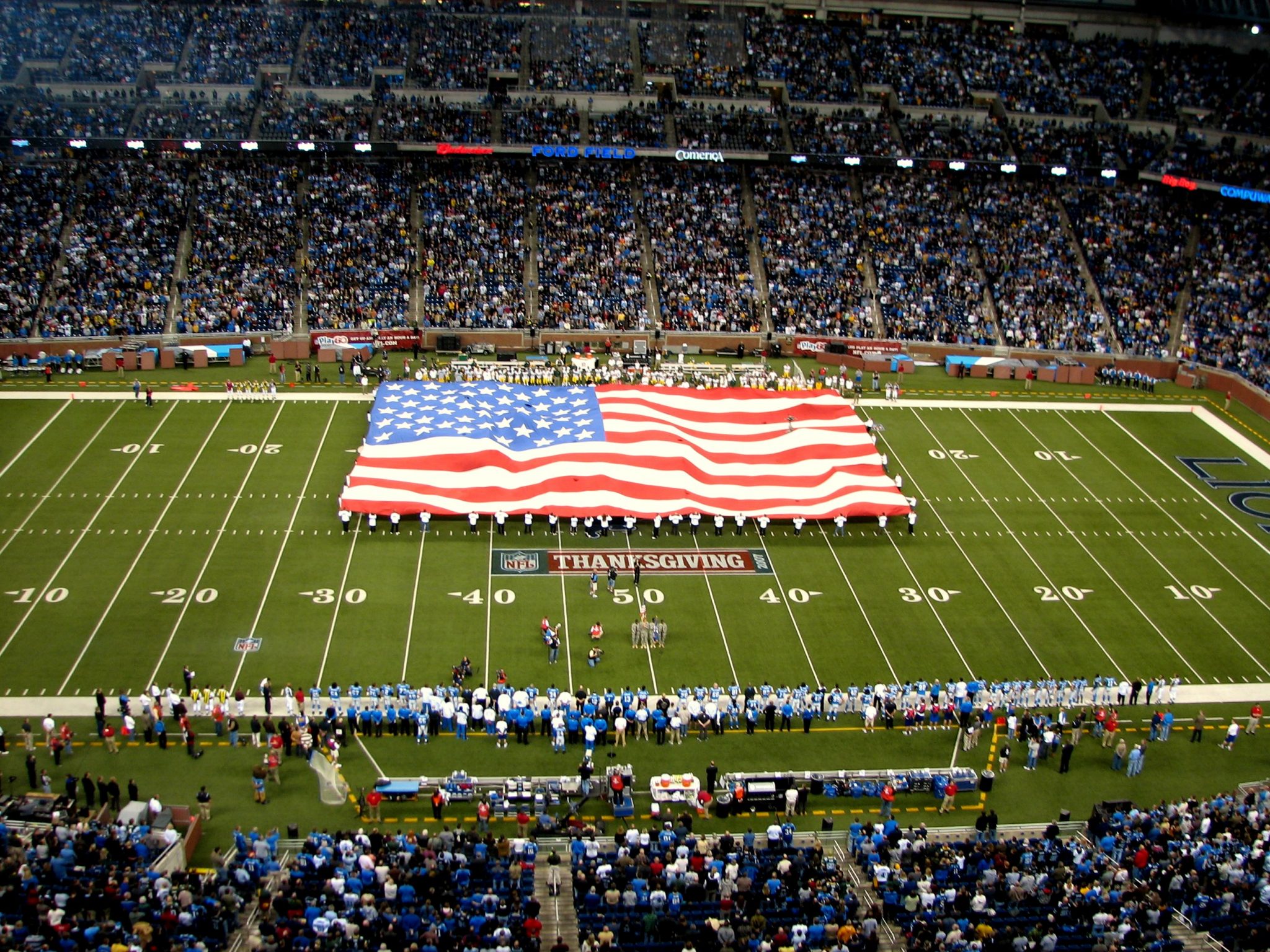Opinion
Opinion: What happened to the real Slim Shady?
There I was just being a student. English class of some kind. Teacher was giving examples of controversial topics, so a clear choice was Eminem. He’s controversial. I get it.
Kids mumble, adults grumble, discussion ensues. Obviously. He crossed some lines. Yeah, totally. “Eminem has gotten his act together, he’s much better now.” Something weird happens: class consensus. Huh? No, man. No. That ain’t right.
Whatevs. I kept my quiet; I retained my cool. Ain’t no need to bring a ruckus. But one day I overhear chatter from passersby, they’re criticizing someone’s character—“He seems like one of those people who just never quite grew out of Eminem.” Huh? Why is this considered a character type by pop-culture regurgitates? I sought solace. I cried for comfort. I found fellow Eminem defenders, but something was odd: they illustrated that his latest album harkened back to the classics, even superseded it. Hold up, slow up, stop—control. Breathe.
It’s time to come up, hold my own weight, and defend my crown. Eminem is one of the greatest hip-hop artists of all times. Sound overzealous? Fine: let’s go back to the old days of high-pitched G-funk portamento saw waves, when Dre beats meant more than headphones, and they used to thump—but now they blast, right? Granted, I was .5–5 years old during these times. But when I was 7, oh man. You’d best bet your bottom dollar I was screaming “Hi, kids! Do you like violence!?” with the irony knowingly paraded.
The most horrific visions of violence portrayed by Biggie and Snoop Doggy Dogg (far mightier than the lion we know today) and the introspective and spiritually trying West Coast hip-hop of Nas and 2pac meant nothing to me in context at the time, much in common with radio of the time.
There was a split in the world of hip-hop, reaching its apex in the death of 2pac, when popular hip-hop suddenly dwindled in its inventiveness. Jay-Z was heartlessly meandering while R. Kelly, Busta Rhymes, and Ja Rule produced passable singles you could dance to. That was really about it. Hip-hop was in a terrible condition. But I listened to whatever was shoved into my face because I was 7. Until Eminem changed that. Eminem was the first artist to ever make me consider the connotations of being a star, or the different kinds of ways you could approach delivering a message, or place your identity into music.
In the “Slim Shady LP” and “Marshall Mathers LP,” when he started rapping about what he thought of N*Sync, Christina Aguilera, or New Kids on the Block, I became a much more discerning person. He actually had a message, and it was something new and critical. It meant something strong. Considering this aspect of his art to the Eminem of current radio, however, says little. Any jabs he takes now are cheap and play more for laughter than for anything with critical thinking involved: Michael Jackson to Bill Clinton & Monica prods alike.
And he’s not controversial any more, not even in the darkness of his content: there is one song on each of his first two albums in which he paints a dark psychological narrative portrait of his familial life and fears in which he murders his wife and even disposes of the body with aid from his child in one of them.
But they’re not the winking “yep, I’m being insulting!” stuff he does now or during his Encore-era albums, it was legitimate: you could understand from his lyrics that this body disposal was a tangible fantasy he might have had and why it might have provided him with comfort to express these dark thoughts.
He used to be a genuinely conflicted human being. Nowadays any internal conflicts he talks about concern how his stardom inflated his ego, but gosh darn it now he’s conflicted about that ego… who cares? We get it; he was successful and did drugs and now he’s not doing drugs and trying to comeback.
Is there anything more than that that he can offer? Why doesn’t he actually make the comeback rather than reap the financial benefits of rapping about how he’s making a comeback for two albums straight while letting featured artists carry his name? The comeback shouldn’t be a string of songs about a comeback.
His serious side used to be well balanced and not close-handedly “confessional.” He used to tell challenging, three-part narrative structures about the dangers of idolizing hip-hop stars in songs like “Stan.” Now he delivers uninventive monologues about relationship problems like “Love The Way You Lie.” I just don’t get it. He’s not the same rapper at all.
Not to mention, what in the world happened to his lyricism? Hip-hop historians praise the abilities of Slick Rick and his story-weaving approach to hip-hop, sound effects and impersonations, all of which were presented by Eminem while also probing deeper and maintaining his own comedic identity. He was honestly a revolutionary hip-hop lyricist, and now he relies solely on tame non-narrative lyrics interjected with occasionally insulting one-liners or uninspired cartoonish voices for effect.
And as far as flow is concerned, while he can rap at ultra-speed now, I believe it is weaker. He has an unusually strong tendency to repeat melodies while making minor changes in the delivery and adding different interjecting rhymes or hooks throughout an entire song, whereas he used to change his delivery and scheme multiple times throughout a single verse. A great comparison point is “My Name Is” to “Rap God.” While the latter also has his buildup in furious delivery and his spitfire sections, it still stands as an example of what I’m noting above.
The sound in itself has also changed to such an extent that it’s a different creature completely. The beats on his first two albums were childlike, carnivalesque, dark, cinematic and rough around the edges, and used to have subtly layered instrument tracks progressing through chord progressions. Exemplary of this is “Brain Damage.” Now pop stars consume the chorus space of almost all of his songs over sheeny club beats, resulting in uneven and non-holistic albums.
This all has put me in an odd position, wherein I have to both criticize and defend a position I have most of the time. And while that is annoying, there’s only one rapper that could have put me into that kind of a position: the real Slim Shady. And I am thankful for that.















